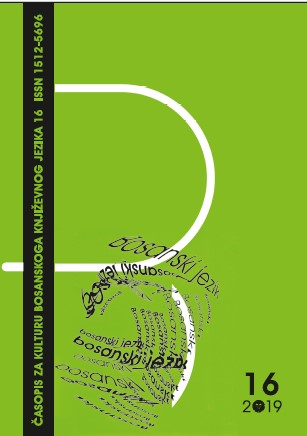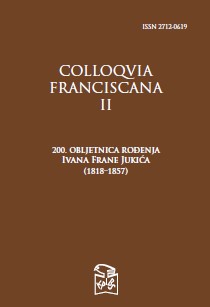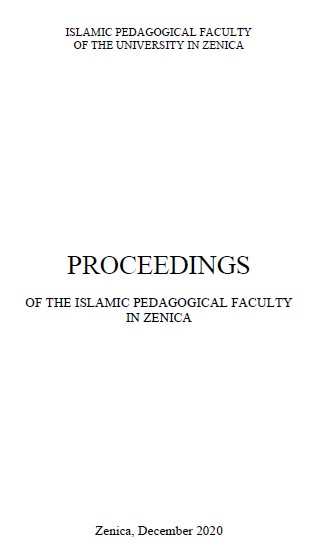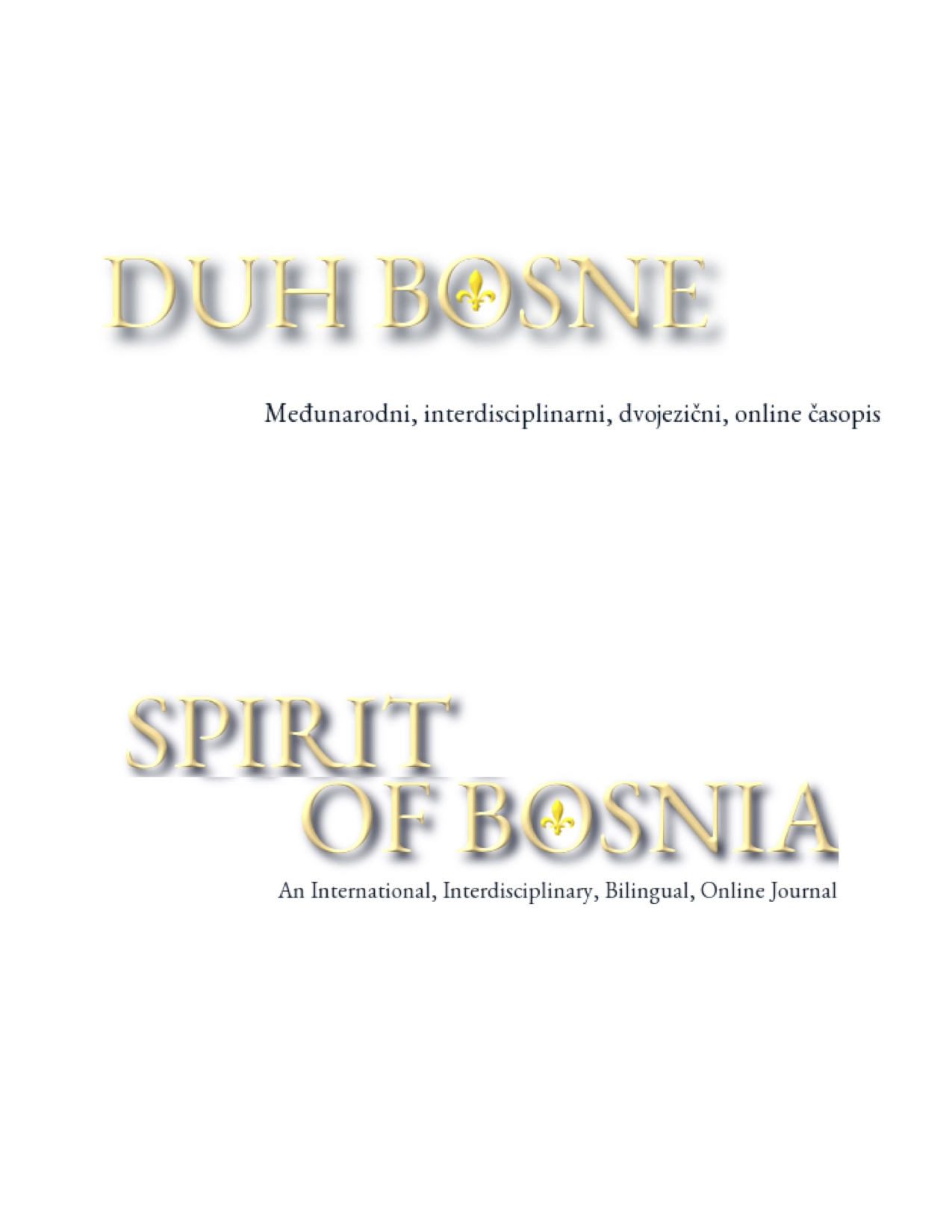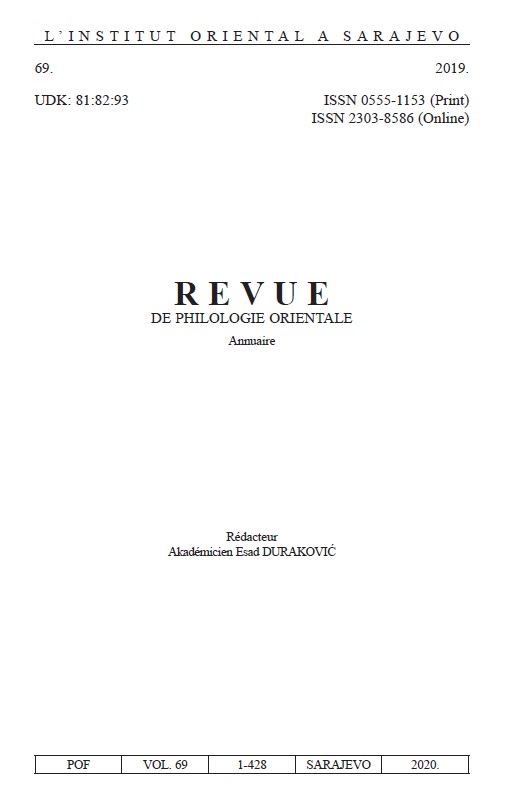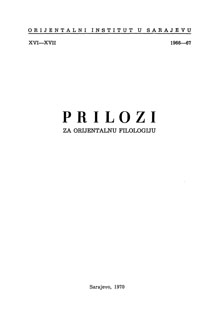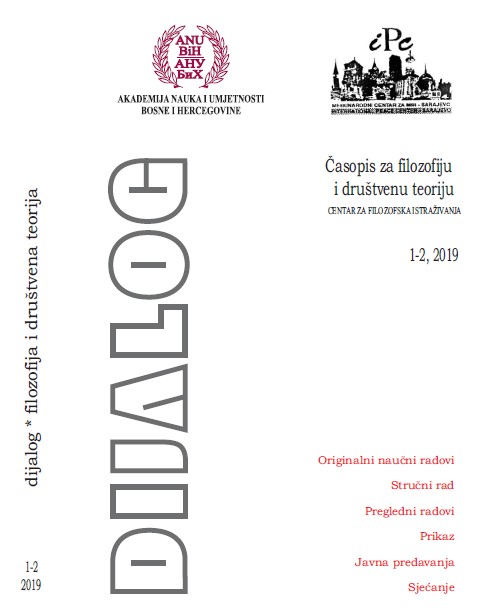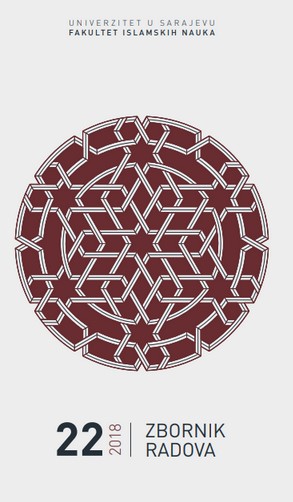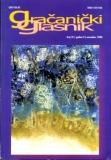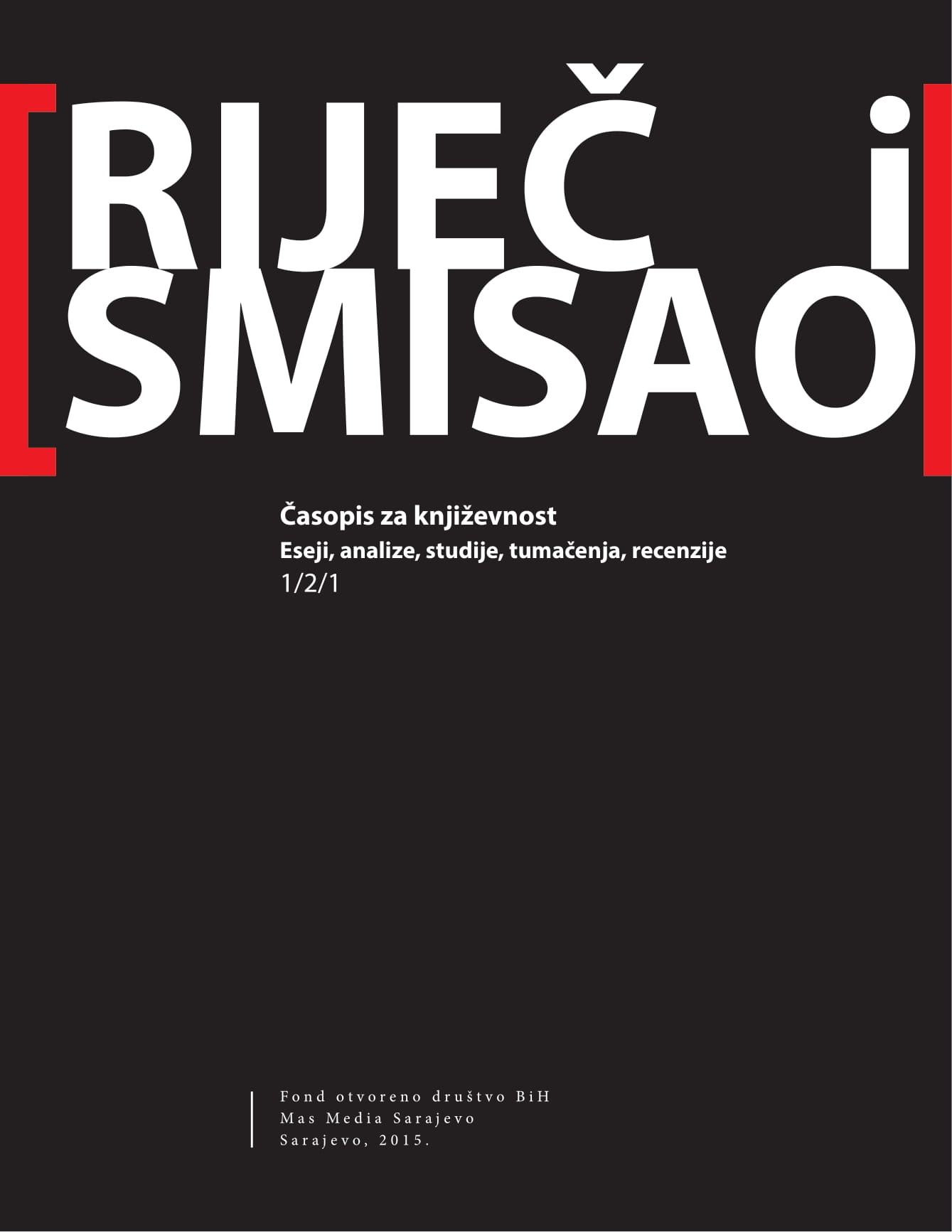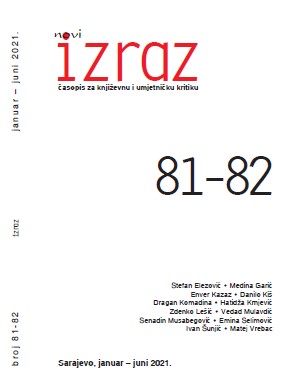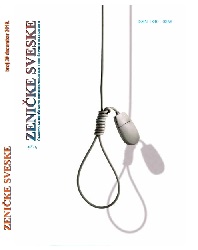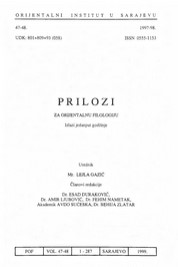
PRILOŠKI AKUZATIVI U ARAPSKOM JEZIKU U DJELU MUSTAFE EJUBOVIĆA AL-FAWA’ID AL-‘ABDIYYA
Mustafa Ejubović (1651- 1707) was among the best known Bosniak authors who wrote in Oriental languages. He wrote some thirty works of different size from a number of scientific fields. The majority of his works were from the fields of logic, disputes and several branches of Islamic law. He also wrote several works on Arabic grammar, stylistics and lexicography as well as on Islamic dogmatics and preaching. The subject of this paper is a grammatical analysis of the chapter on accusative in the Arabic language which, considering its syntactic-semantic function in the sentence, has the character of adverbials. Therefore, here we deal with the accusative of time and place, the accusative of purpose and aim, the accusative of state or manner and the accusative of specification. Entering into the syntactic relationship with its agent whose content they complement, these accusatives function, in the sentence, as definite time adverbials. As adverbial complements, they adverbially determine more closely the subject and the object of the sentence. They adverbially denote time or place, purpose or aim, state or manner and specification of certain content of the sentence expressed by its subject and object. The basis of Ejubović’s work, whose chapter is dealt with in this paper, is az-Zamahshari’s work al-Unmudağ on the basis of which he explains the basic grammatical categories of Arabic grammar. Al-FawE'id al-‘abdiyya, which is the title of this work of Ejubović’s, therefore, is a complete work on the Arabic language grammar and, it can be claimed, at the same time the most important work of the sort in the Bosniak cultural heritage in the Arabic language.
More...
